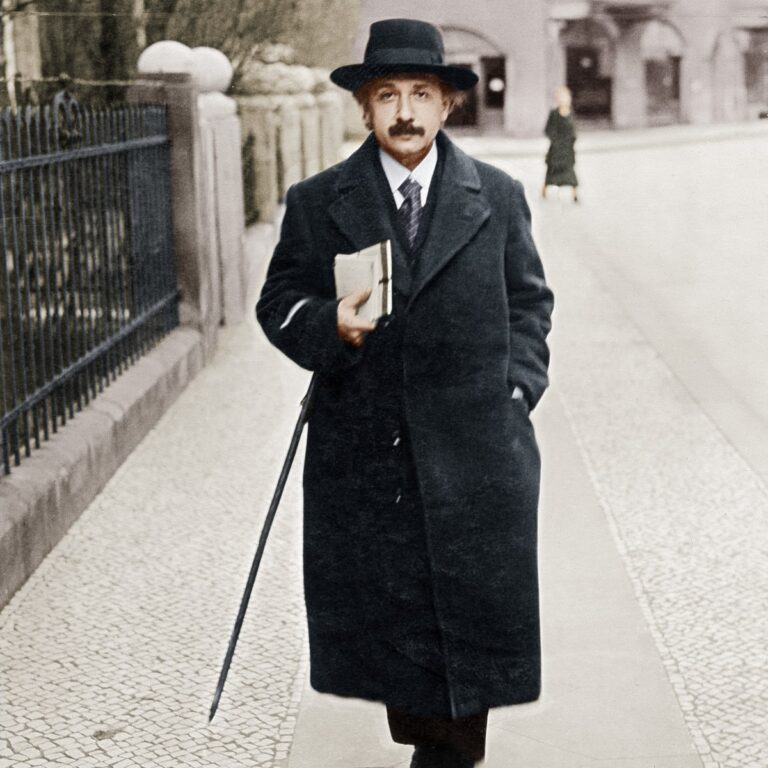Quantum Information Science Research Gets a Boo$t from the U.S. DoE
Department of Energy Announces $21.4 Million for Quantum Information Science Research
Selected notes ~
+ [T]he U.S. Department of Energy (DOE) announced $21.4 million in funding for research in Quantum Information Science (QIS) related to both particle physics and fusion energy sciences.
“QIS holds great promise for tackling challenging questions in a wide range of disciplines,” said Under Secretary for Science Paul Dabbar. “This research will open up important new avenues of investigation in areas like artificial intelligence while helping keep American science on the cutting edge of the growing field of QIS.”
+ Over the past few decades, the scale of high-energy physics (HEP) experiments and size of data they produce have grown significantly. For example, in 2017, the data archive of the Large Hadron Collider (LHC) at CERN in Europe—the particle collider where the Higgs boson was discovered—surpassed 200 petabytes. For perspective, consider Netflix streaming: a 4K movie stream uses about seven gigabytes per hour, so 200 petabytes would be equivalent to 3,000 years of 4K streaming. Data generated by future detectors and experiments such as the High-Luminosity LHC, the Deep Underground Neutrino Experiment (DUNE), Belle II, and the Large Synoptic Survey Telescope (LSST) will move into the exabyte range (an exabyte is 1,000 times larger than a petabyte).
+ These large data volumes present significant computing challenges for simulating particle collisions, transforming raw data into physical quantities such as particle position, momentum, and energy (a process called event reconstruction), and performing data analysis. As detectors become more sensitive, simulation capabilities improve, and data volumes increase by orders of magnitude, the need for scalable data analytics solutions will only increase.
+ A viable solution could be QIS. Quantum computers and algorithms have the capability to solve problems exponentially faster than classically possible. The Quantum Convolutional Neural Networks (CNNs) for HEP Data Analysis project will exploit this “quantum advantage” to develop machine learning techniques for handling data-intensive HEP applications. Neural networks refer to a class of deep learning algorithms that are loosely modelled on the architecture of neuron connections in the human brain. One type of neural network is the CNN, which is most commonly used for computer vision tasks, such as facial recognition. CNNs are typically composed of three types of layers: convolution layers (convolution is a linear mathematical operation) that extract meaningful features from an image, pooling layers that reduce the number of parameters and computations, and fully connected layers that classify the extracted features into a label.

